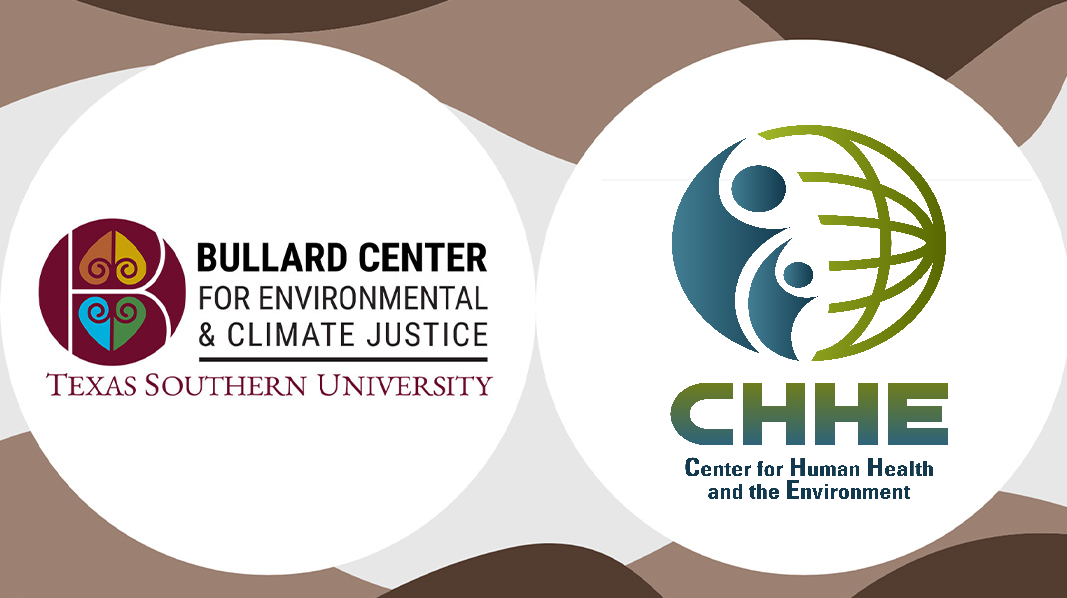CHHE Community Outreach and Engagement Produces Results
Rural North Carolina residents recently received a great boost toward protecting their health from contaminated drinking water in their private wells from the Community Outreach and Engagement Core (COEC) of the CHHE at NC State University.
In partnership with the Health Assessment, Consultation & Education Program of the NC Division of Public Health within the NC Department of Health and Human Services, the COEC has just completed a major outreach and education project addressing private drinking water well contamination and human health. In this project, a series of bilingual educational materials were designed and printed for distribution to the citizens of the State via the 100 County Health Departments that operate the private drinking water well program. More than two million of the approximately 11 million residents of North Carolina (40 million in the USA) currently use groundwater as a sole source for drinking water. The number of new private wells in North Carolina is increasing (estimated at 5,000 to 6,000) each year because of immigration of residents, including many people of Hispanic and Latino origin, into rural areas of the State. The contamination of groundwater in these areas from human-caused and natural sources is a serious health concern. The series of fact sheets, entitled Private Well Water and Your Health, includes an overview of well water and health concerns and associated testing programs, as well as specific topical information sheets on lead, mercury, and Coliform bacteria. Over 63,000 of the English and Spanish fact sheets have been delivered and readied for use. “These materials will provide our program staff with valuable resources that we would have not been able to provide otherwise,” says Mercedes Hernández-Pelletier, a Community Health Educator with the NC Division of Public Health. She adds that “the collaboration with the COEC has been, and will continue to be, an important link for improving the lives of the people of North Carolina.” In an associated project to the drinking water well contamination educational efforts, the team also designed and produced 25,000 copies of a bilingual fact sheet called Cancer and the Environment that will help explain the linkages among environmental exposures to pollutants and cancer. These materials will also be available through the County Health Departments and the NC Division of Public Health. All of the outreach materials are accessible free in electronic format at this web site (go to CHHE COEC webpage). For more information on any of these materials, contact Ms. Mercedes Hernández-Pelletier at mercedes.hernandez-pelletier@dhhs.nc.gov or Dr. Greg Cope at greg_cope@ncsu.edu.
- Categories:


